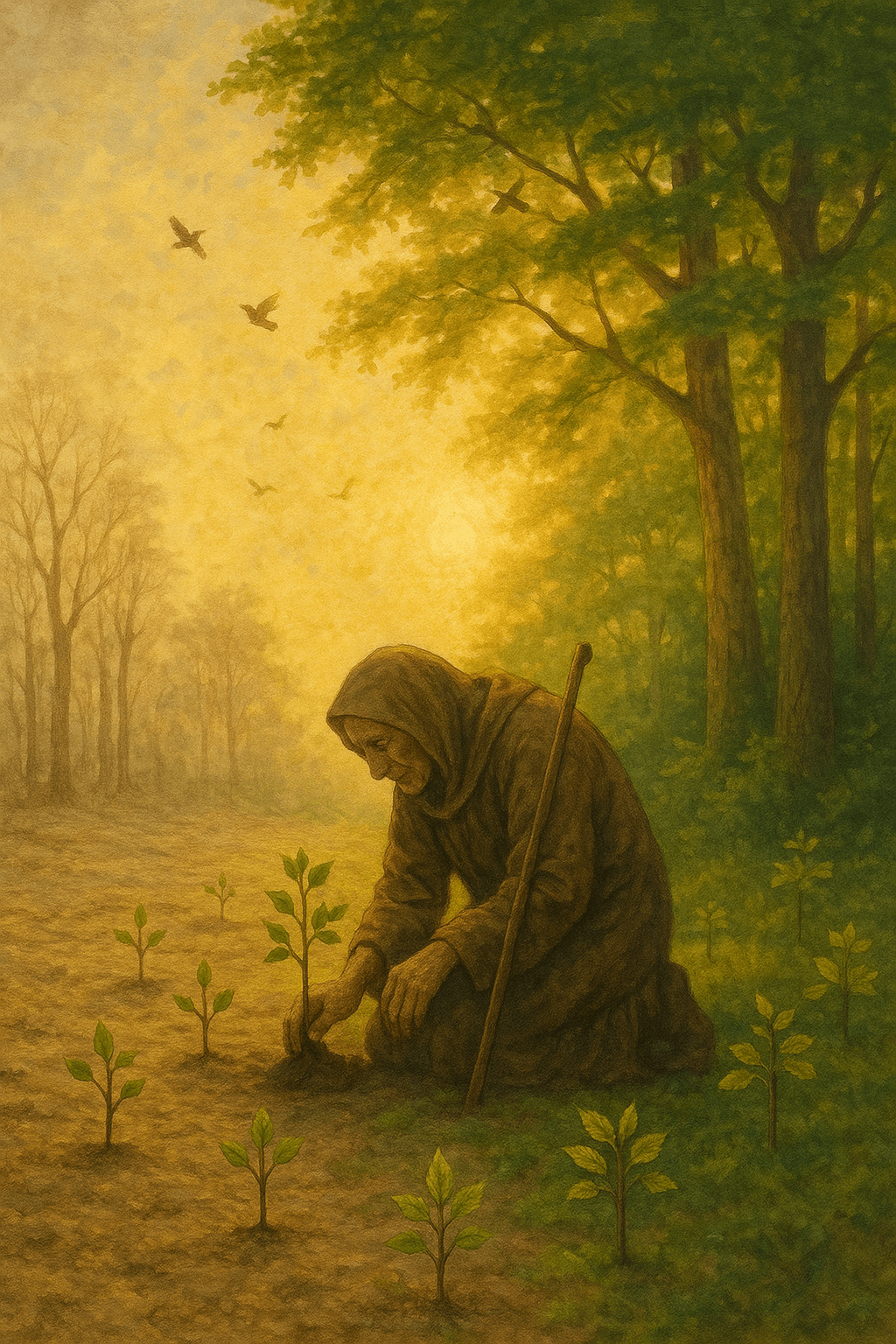Understanding Life Through Selfless Acts of Legacy

The one who plants trees, knowing that he will never sit in their shade, has started to understand the meaning of life. — Rabindranath Tagore
The Philosophy of Selfless Giving
Tagore’s reflection centers on the profound impact of actions performed without expectation of personal gain. Planting trees whose shade we’ll never enjoy is a metaphor for investing effort into a future that may benefit others, not ourselves. This philosophy emphasizes the virtue of selflessness, a cornerstone in various ethical and religious traditions, from Buddhist notions of compassion to the concept of stewardship in Christianity.
Legacy Beyond the Individual
Building upon this, such acts of foresight are deeply tied to the idea of legacy. The notion of working for a future beyond one’s lifespan echoes in the ancient proverb: 'A society grows great when old men plant trees whose shade they know they shall never sit in.' By considering the well-being of future generations, individuals participate in a continuum that transcends the boundaries of a single lifetime.
Interconnectedness with Future Generations
Furthermore, Tagore’s metaphor invites us to consider our connections to those who come after us. Actions taken today reverberate through time, influencing lives yet unborn. In environmental movements, for example, activists fight for sustainability not only for present comfort but for the inheritance left to descendants—mirroring the unseen beneficiaries of the planter’s shade.
The Fulfillment Found in Purpose
This form of altruism, while outwardly self-denying, often brings deep personal fulfillment. Viktor Frankl, in his work 'Man's Search for Meaning' (1946), argued that true meaning is found not in pleasure or power, but in dedicating oneself to causes greater than the self. Planting trees for others to enjoy embodies this orientation, providing purpose even in the absence of personal reward.
Cultivating Empathy and Responsibility
Lastly, Tagore’s insight serves as a call to cultivate empathy and a sense of collective responsibility. By acting with future generations in mind, societies foster a spirit of community and interconnectedness. The simple, selfless gesture of planting a tree thus teaches us to measure our lives not solely by immediate returns, but by the hope, shelter, and shade we can offer to others—now and in the distant future.